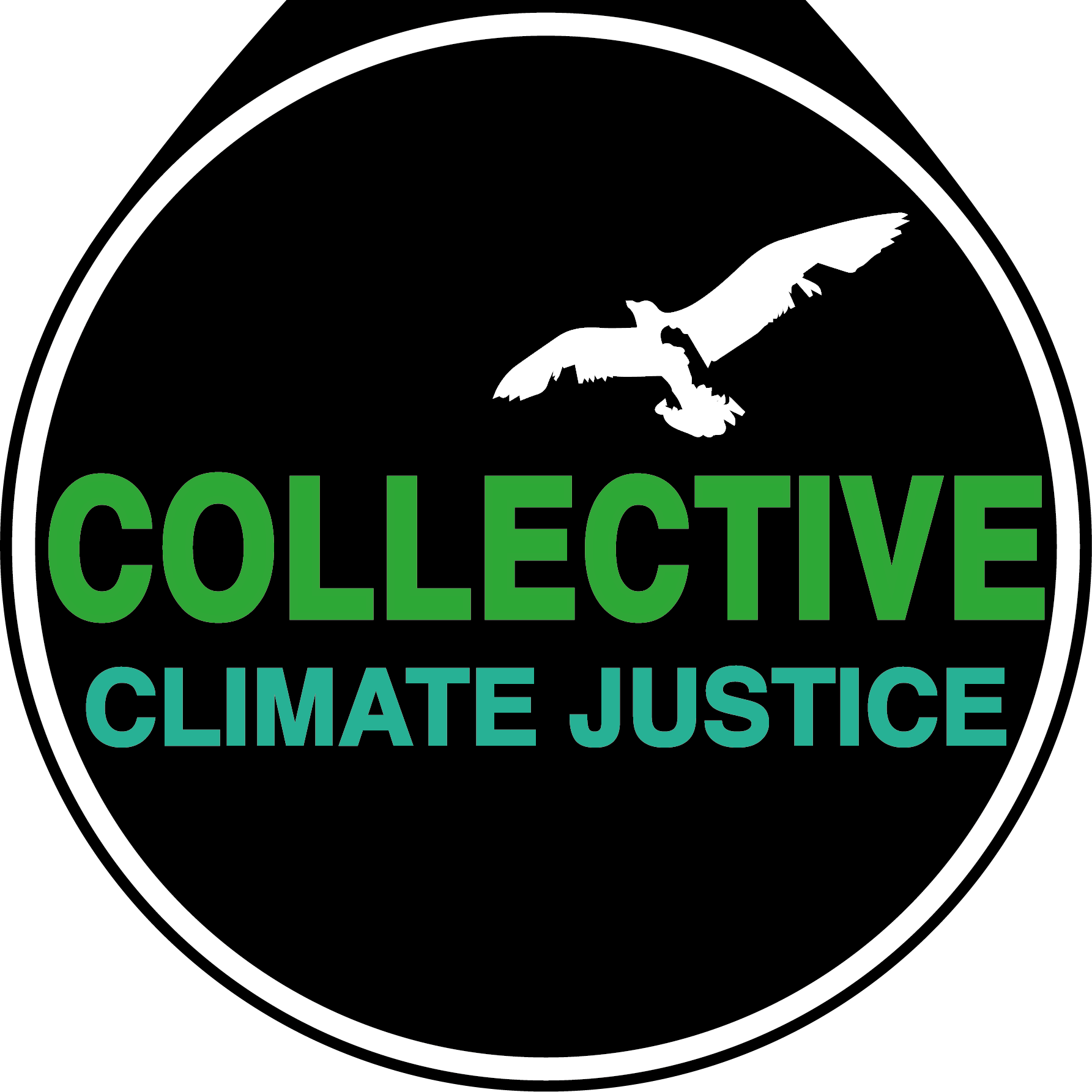About us
Our stand
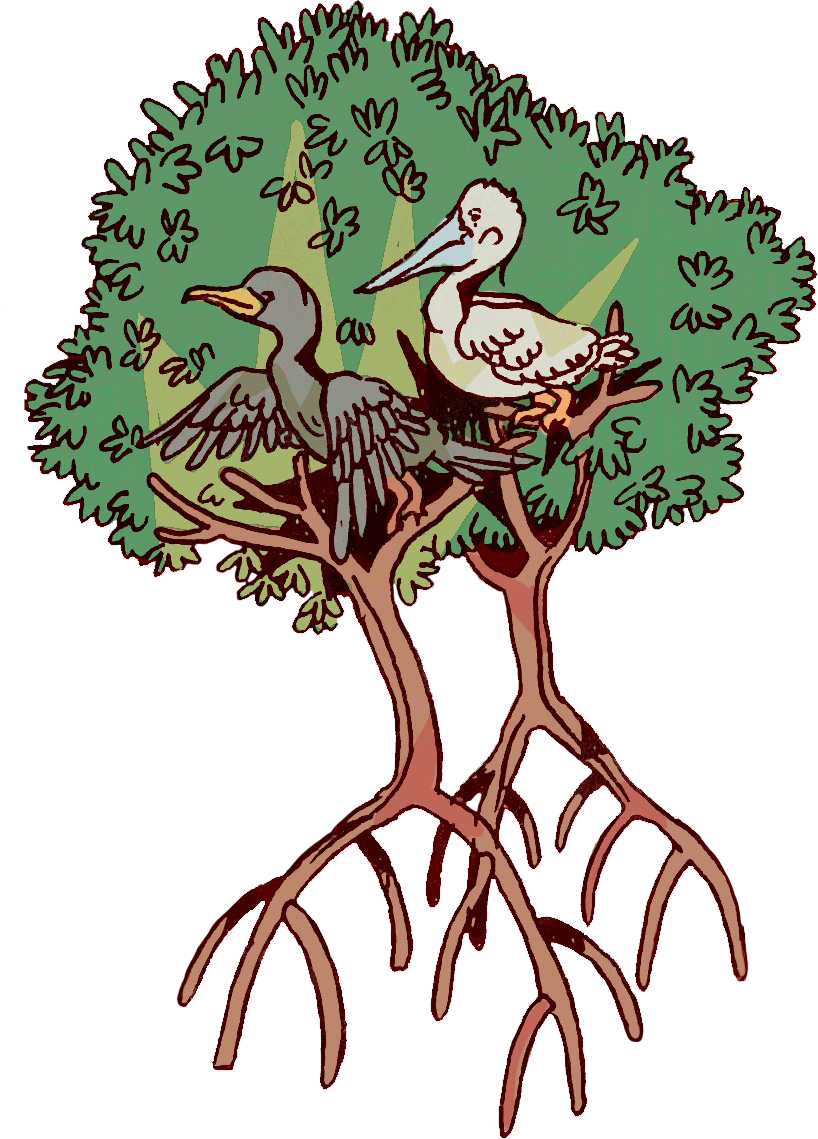
The Peoples’ Forum for Climate Justice and Financial Regulation is organised by different NGOs, grassroot movements and the Global Coalition of Peoples Facing Extractivism.
The Forum consists of a series of events dedicated to exchange and mutual learning between different political perspectives and organisational cultures (*). Through its various activities, the Forum also aims to reach out to a wider audience, in particular to increase the visibility of the experiences of communities affected by the expansion of fossil fuels, and to put the question of democratising and decolonising the financial system back on the agenda.
The forum is open to everyone and consists of different types of events such as round tables, workshops, meetings, concerts, performances, walks, political performances and more.
* (i) territorial and environmental struggles from the Global South; (ii) NGOs specializing in financial regulation ; (iii) collectives and grassroots organizations fighting for Climate Justice and against the financial system in the Global North; (iv) activists from the South fighting in the North with a decolonial perspective.Struggles
1 Uganda, Tanzania & the Democratic Republic of Congo: Stop EACOP a.k.a. the world’s longest pipeline
At a time when we know that any new oil and gas extraction will bury the 1.5 °C limit, building the world's longest oil pipeline obviously does not appear like the best idea. But this is exactly what is happening in Uganda and Tanzania with the East African Oil Pipeline (EACOP) project. It is already having disastrous consequences for the local population and the environment: hundreds of thousands of people are already being displaced and huge parts of the pipeline will be built in the Lake Victoria basin, Africa's largest freshwater lake that 40 million people rely on for drinking water. The project is carried out by French oil giant Total with support from the Chinese National Offshore Oil Corporation (CNOOC) and the Ugandan and Tanzanian governments. While numerous commercial banks have refused to provide funding due to environmental and social concerns, major European banks that traditionally finance Total have not clarified their position yet.
More information on this:
2 Colombia: Murder of the defenders of nature
Extractive projects by international corporations in Colombia come at the expense of human rights and the destruction of communities and nature. The corporations leading these projects are commodity trading and mining majors such as Glencore (Switzerland), BHP Billiton (Australia) and AngloGold Ashanti (England). They often operate on indigenous territories, displacing people and destroying the livelihoods of thousands. Likewise, corporations such as Shell (UK), Repsol (Spain), Colombian state-owned Ecopetrol and Cepsa (Spain) exploit oil and gas in the Caribbean Sea and the Eastern Plains. The corporations act with impunity, free from any intervention by the Colombian government and in complicity with paramilitary groups. People who stand up against these operations, which are often indigenous people, put their lives at stake. Colombia accounts for the highest number of murders of environmental defenders in Latin America. In 2019 alone, 64 people were killed.
More information on this:
3 Senegal: The fight for marine ecosystems continues.
Marine ecosystems in Senegal face a significant threat from the imminent gas and oil exploitation by Total and other oil and gas corporations. They also jeopardise the livelihoods of local communities that largely depend on fishing and agriculture. Especially toxic spills, which often result in fishing bans threaten local communities’ ways of life. The planned mining project by Astron Karegia for heavy minerals exacerbates the situation. It endangers marine life, including turtles and shellfish, would contribute to marine erosion and destroy mangrove forests and arable land. Most of the local economy relies on these fertile ecosystems. Institutional corruption has marred the awarding of concessions to companies like Petro-Tim Limited and BP, resulting in a $10 billion scandal. Despite these challenges, great efforts have been made to establish a Marine Protected Area. The struggle against the destruction of the coastline has persisted for 18 years, with the unwavering mobilisation of the rural community of Kataba in the Casamance region.
More information on this:
4 Mexico: Fracking on indigenous territories
In the Huasteca region, where more than half of the population is indigenous, foreign corporations want to exploit oil and gas through the destructive technique of fracking. They disregard the legitimate rights of the local communities - such as the Nahuatl and Tenek peoples - on their ancestral territories. Community resistance has so far successfully kept fracking out of this region. Yet, the region’s water supply is also threatened by an aqueduct project, which aims to divert rivers to a semi-desert area with active fracking wells. If realized, it would threaten both Huasteca’s ecosystems and people’s lives. Despite community pressure leading president López Obrador to initially issue a declaration against fracking in Mexico, influencing factors such as corporate lobbies have resulted in the government handing out extractive concessions against the will of the local population. Most of the corporations involved are either European or financed by European institutions, including Eni Mexico (Italy), BP (UK), Shell (UK) and Total (France).
More Information on this:
5 Peru: Endless oil spills
Companies such as Pluspetrol (Argentina) and Petroperu, backed by the Dutch FMO (Financierings-Maatschappij voor Ontwikkelingslanden) and other international banks, have caused massive oil spills in the Peruvian Amazon for decades. These spills contaminate rivers and soil, affecting the health and livelihoods of indigenous communities and local populations. In the Northern Peruvian Amazon, a new oil project called "El Dorado" by Canadian company Frontera Energy endangers the ancestral territories of the Awajun and Wampis peoples. This project is accompanied by repression and harassment against indigenous leaders who defend their territories. Despite resistance from communities, the Peruvian government continues to promote extractive activities, prioritizing corporate interests over the rights and well-being of indigenous peoples and the environment.
More information on this:
6 Argentina: Devastating public health consequences due to fracking
Argentina's Vaca Muerta region is one of the world's largest reserves of shale oil and gas, where fracking is causing huge damage. Water scarcity is exacerbated as millions of litres are used in the fracking process, leading to severe shortages and soil and river contamination. There has been a steep increase in cases of lung cancer, childhood leukaemia and other diseases as well as mental health issues. Local communities, including indigenous Mapuche groups, face forceful displacement. Despite its devastating impacts, the International Monetary Fund (IMF) has pushed to open up Vaca Muerta to multinational corporations for fracking, including French Total, British Shell, Spanish Repsol and US corporations like ExxonMobil and Chevron. It is financed by European banks such as Credit Suisse, UBS, the Swiss National Bank, British HSBC and Barclays. Various insurance companies like French Axa are involved as well.
More information on this:
7 Philippines: One of the most biodiverse marine habitats to be sacrificed for LNG
The Verde Island Passage (VIP) in the Philippines, known for its exceptionally rich marine biodiversity, is threatened by the large-scale expansion of liquefied natural gas (LNG) terminals. The area, located in the Coral Triangle, is meant to become a major LNG hub due to its strategic location between Asia and the Americas. This poses grave consequences for marine life and the communities dependent on it. An oil spill in the Verde Island Passage has already caused devastating damage to coastal communities and biodiversity. The proposed LNG projects would contribute to toxic pollution, increase shipping activities, disrupt reproductive cycles of marine life, decimate the fish catch and displace coastal communities. Shell and other companies like Linseed Field Power Corporation, Atlantic Gulf & Pacific Company (AG&P) and San Miguel Corporation are among the companies involved. They get financial support from UBS, Allianz, Blackrock and more.
More information on this:
8 India : Asian corporate giant razing trees and homes to dig up coal
India’s main fossil fuel struggle has to do with coal, and the Indian government does everything to silence any sort of related information. In 2017, the Adani Group planned to set up a 1600 MW power plant in the state of Jharkhand, which would import coal from Australia and export the entire electricity produced to Bangladesh. The affected people were not ready to transfer their land as the project was not a public purpose and the land which was being acquired was multi crop irrigated lands. The Adani project has razed both trees and homes to dig for coal. This has created community conflicts across all of India. Indigenous people, traditional land-users and fishing communities have bravely tackled the company’s plans in order to defend their livelihoods and ways of living. They have protested everywhere: on sea and land ; in villages and in cities; on the forests and the streets.
9 Canada: Giant gas pipeline violating Indigenous rights
The Coastal GasLink Pipeline (CLP) is a 670-kilometre project designed to transport natural gas from Alberta to the Alaskan border. Although the project is near completion, it has faced significant opposition from indigenous communities, with the majority disagreeing with its construction. They have never given their consent for the pipeline on their land. While only one community has agreed to the project, the CLP website speaks of ‘indigenous leadership’, which has fostered negative sentiments among the majority who oppose it. Communities that are resisting as the Wet’suwet’en land defenders are at risk of serious human rights violations and criminalisation.
More information on it:
10 South Africa: Mining against the will of the people
When mining corporations explore regions, they often promise the local population shared prosperity. But when communities oppose the mining plans, their concerns are often disregarded, which causes conflicts and tensions. A case in point is the Australian mining corporation Mineral Commodities Ltd (MRC) and its mining of mineral sands and titanium on the South African Wild Coast, which threatens the local Amadiba community. After speaking out against the local mining lobby and the sabotage of an EU-supported eco-tourism project, community leader Madoda Ndovela was murdered. In response, the local community set up the Amadiba Crisis Committee (ACC) to advocate for the right of African indigenous communities to reject projects they do not support. The mining conflict has led to more political murders since, further highlighting the need to protect the land and guarantee consultation and veto right of the local population.
More information on this:
Organisers
These are the groups and organisations that are organising the Peoples’ Forum for Climate Justice and Financial Regulation.
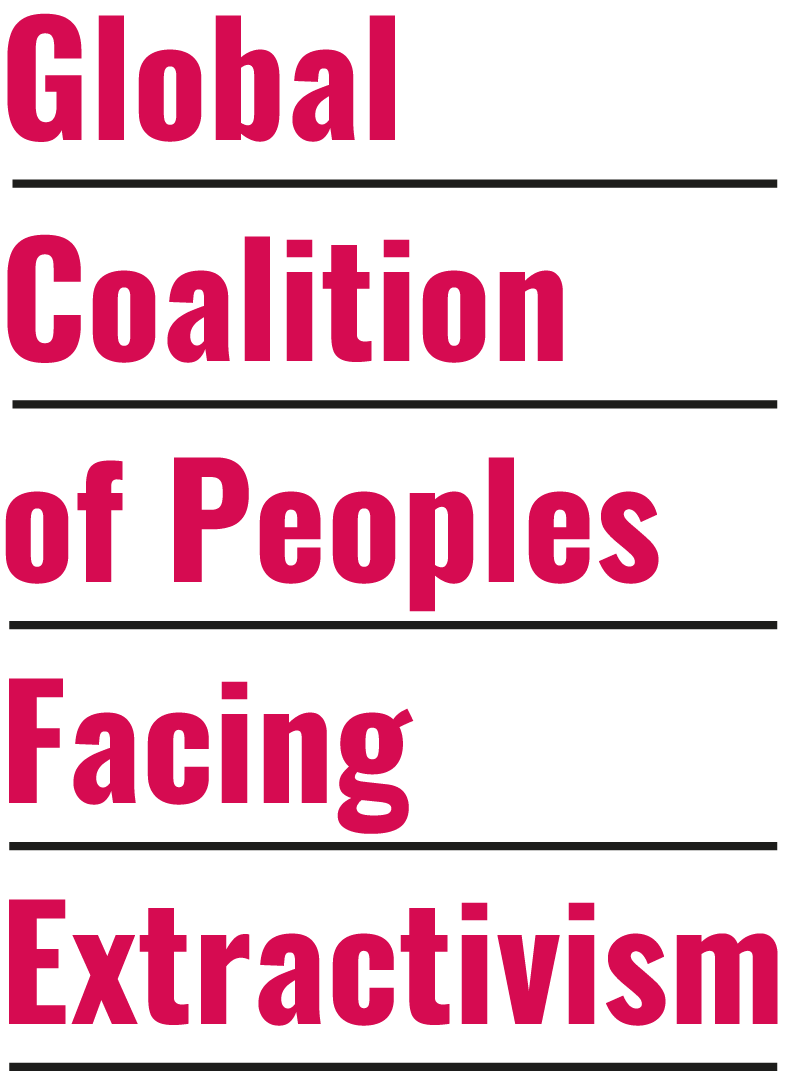

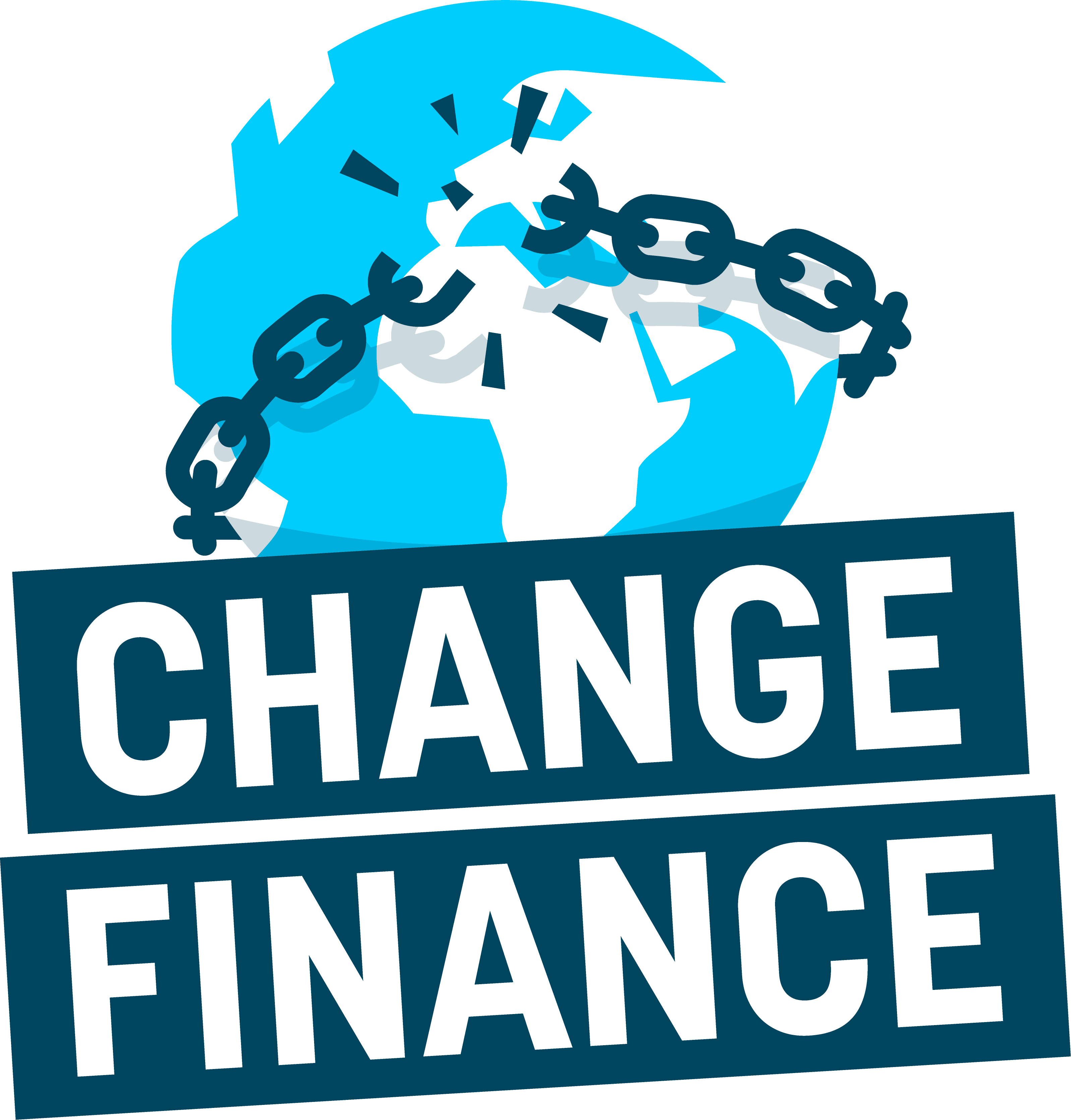

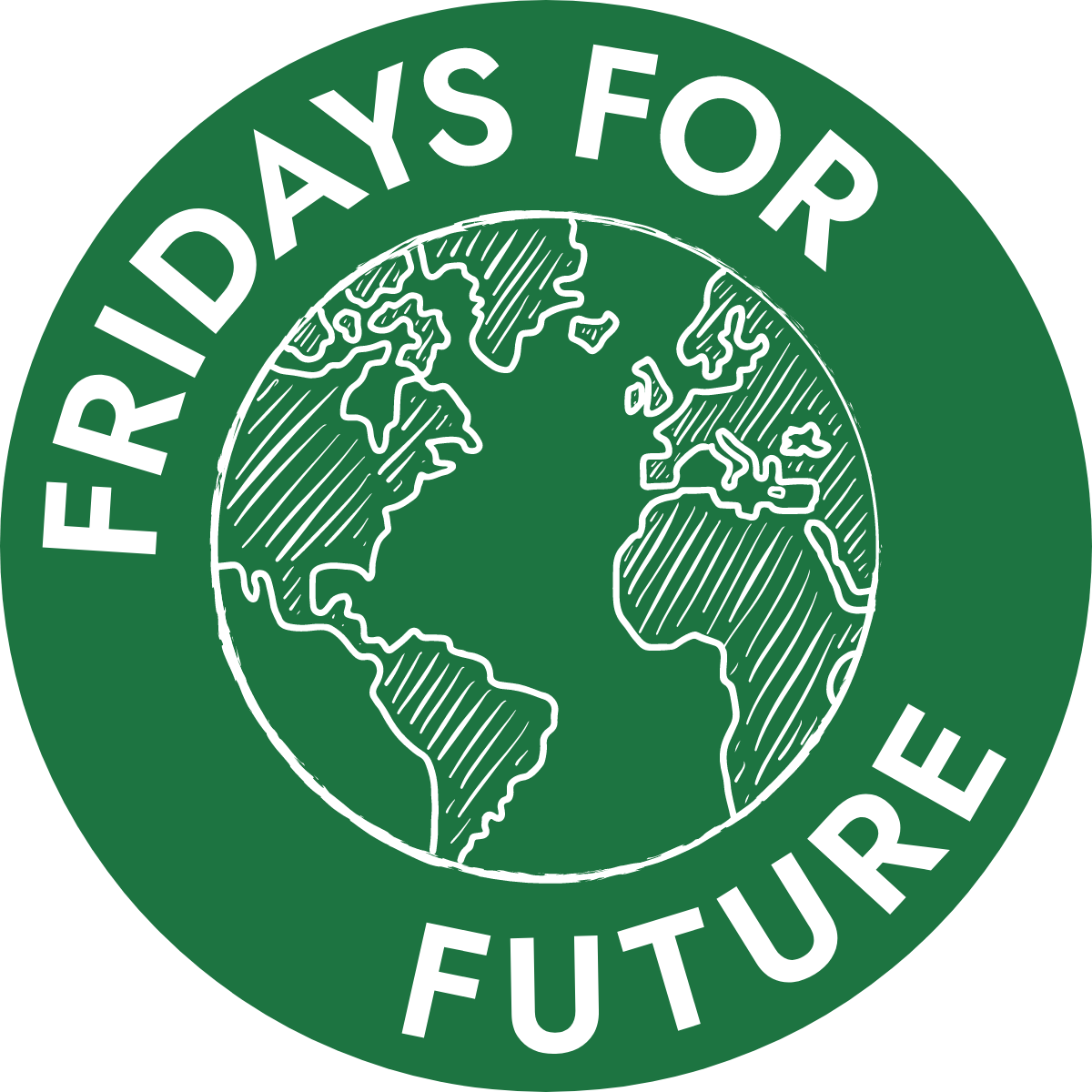


Supporters
These are the groups and organisations that are supporting the Peoples’ Forum for Climate Justice and Financial Regulation.


